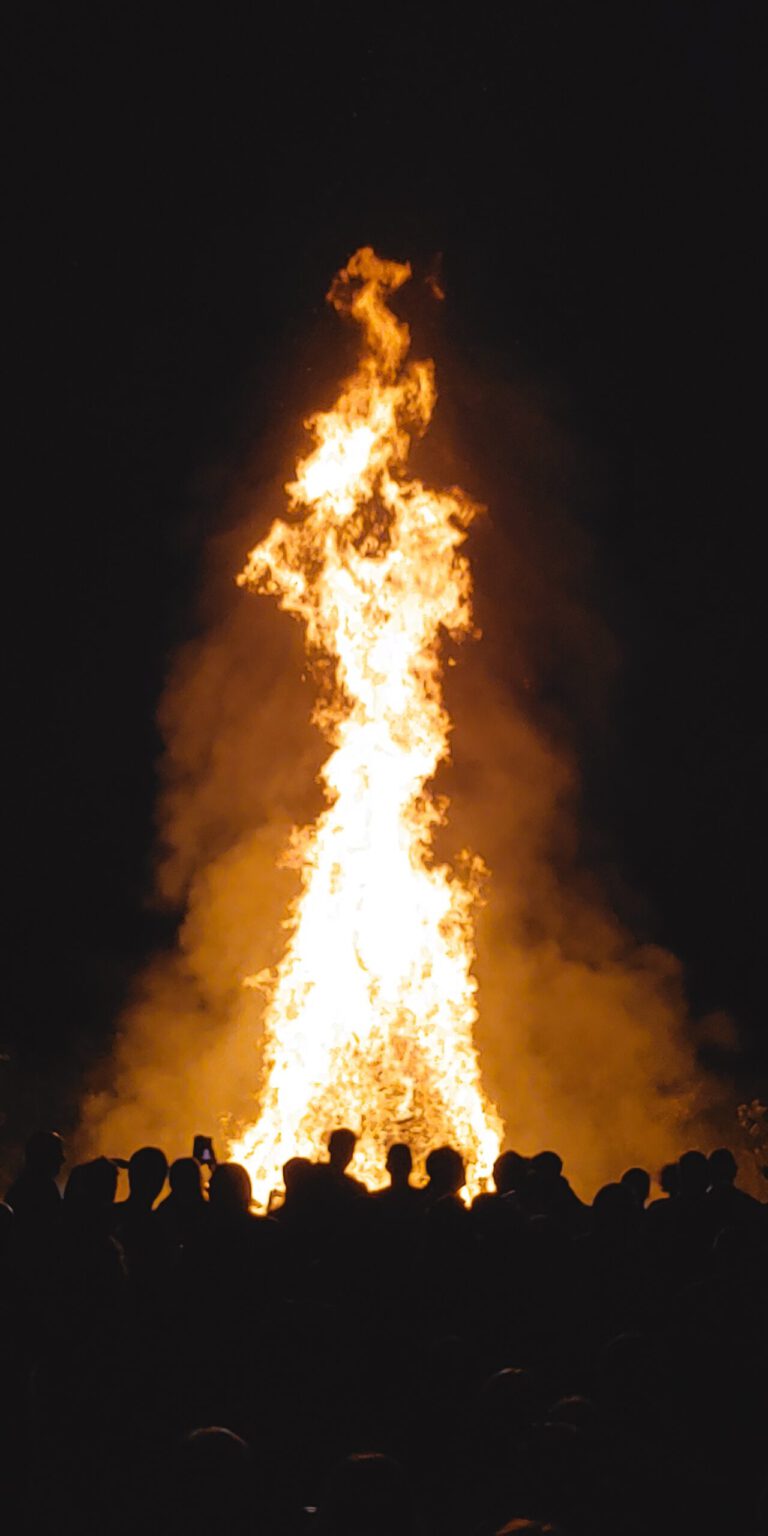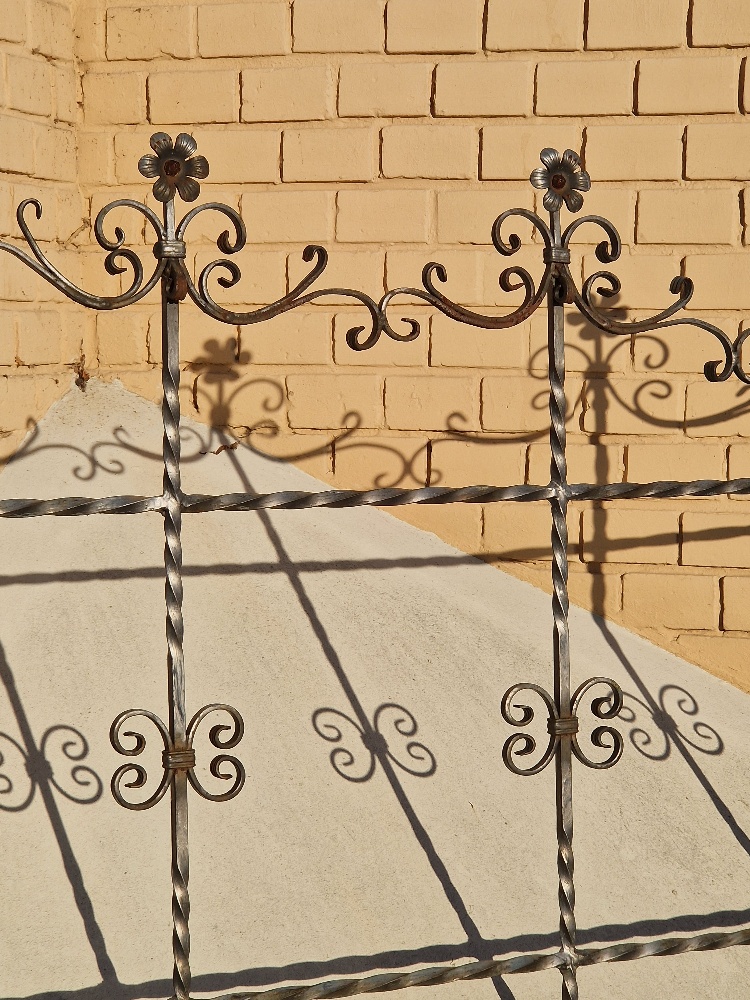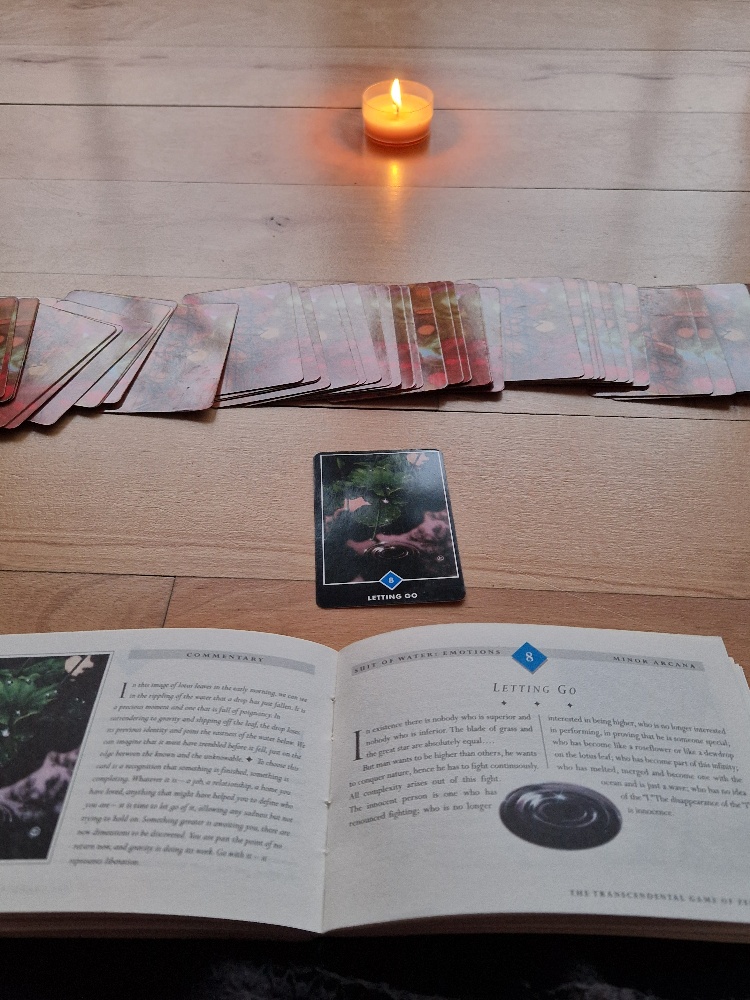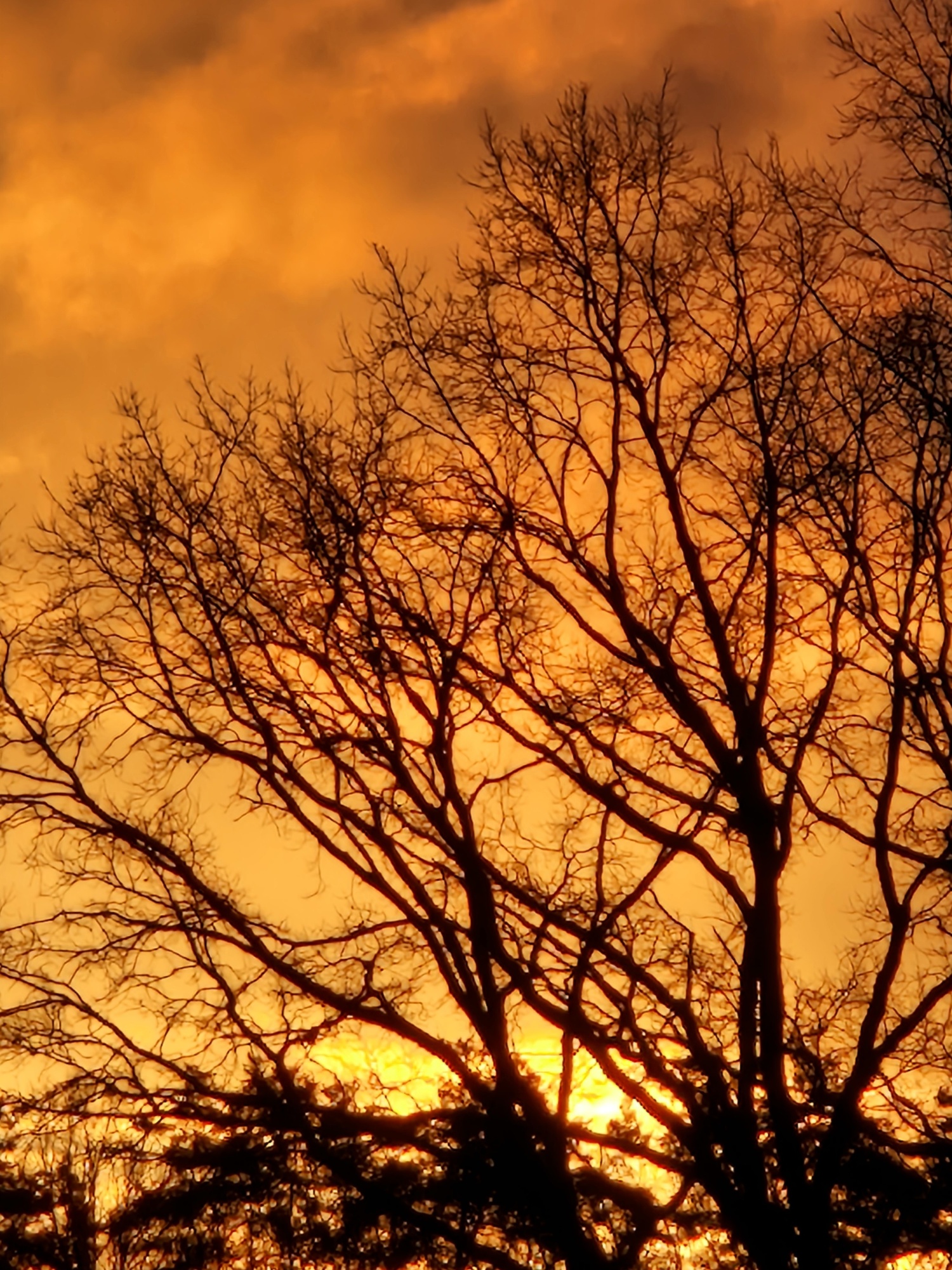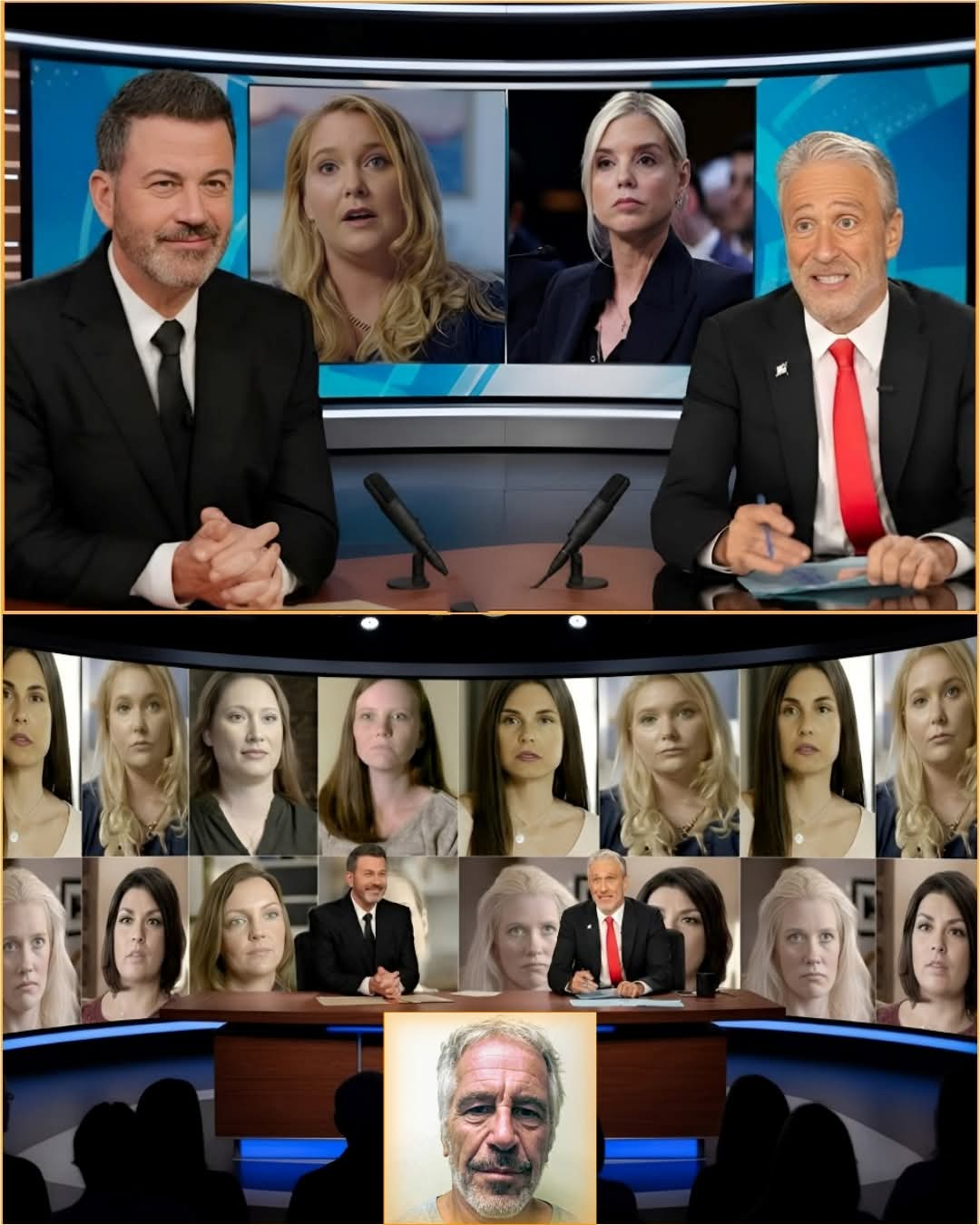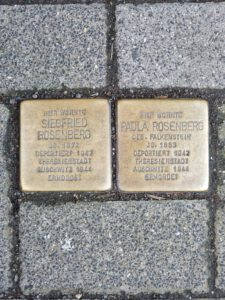If you bring forth what is within you, what you bring forth will save you. If you do not bring forth what is within you, what you do not bring forth will destroy you.
Gospel of St. Thomas
The greatest tragedy of the family is the unlived lives of the parents.
Carl Gustav Jung
When you change your life, it isn’t to become the new you. It’s to become the real you — the one-of-a-kind diamond that will never exist again and can never be replaced.
Edith Eger, The Gift
We don’t get burnout; we do burn out.
Patrick Little
The topic of burnout seems to be everywhere. In the self-help sections of bookstores, the topic of countless podcasts, high up on the list of treatments provided by any self-respecting rehab clinics: burnout is the motif of the times. When we closely observe our frantically paced culture, whether at work, in the family home, or at leisure, we find armies of the exhausted, barely able to make it from Monday to Friday, and seemingly in need of respite after every weekend or vacation.
I know this kind of existence. From my late twenties to my mid-forties, as a corporate warrior who took himself very seriously, my attitude was that sleeping more than five hours per day was a pure waste of time. Another emblem of my lifestyle, of which I was quietly proud, was to hear each time on my way to the boarding gate: `Third and final call for Mr. Little, travelling to Nuremberg. Please proceed directly to Gate C25…´ These were badges of honour of the busy lifestyle, fuelled by alienation and the fear of insignificance, in which I was trapped.
Workaholism is, like all forms of addiction, cunning, baffling, and powerful. It is made even more so thanks to the fact that it is not only accepted but applauded in this consumer culture we have created. Like its counterpart, busyness, it often goes hand in hand with other manifestations of addiction, both substance and behaviour related.
The proposed remedies for burnout are as numerous as its symptoms. From time management seminars to weekend mindfulness workshops, to countless schools of guided meditations and re-jigged diets, there is no shortage of sometimes bizarre and very expensive suggestions as to how to get off the hamster wheel before we crash and burn. The legitimacy of devastating dynamic of the hamster wheel (the German translation term for `rat race´ is `Hamsterrad´) itself is rarely questioned. It has been pointed out to me that its lure lies in the fact that looks incredibly like a ladder, – but only from the inside.
In fact, many endeavours seem to be motivated by the promise of `fixing´ clients so that they can successfully re-enter and then better handle the rat race from an operational perspective.
Some of the suggested initiatives may indeed be pertinent and beneficial in achieving a healthier lifestyle but they, alone, will never succeed in resolving the issue of burnout if we ignore the necessity of transformation from the inside out. Which brings me back to the topic of gifts.
In addition to a calling as distinct as our fingerprint, we are all born with a unique gift. We are that `one-of-a-kind diamond´ to which Edith Eger refers. This is the starting point of Stephen Cope’s wonderful treatise on dharma, `The Great Work of Your Life´.
Last week’s essay focused on `doubt´, and how, as the flip side of faith, it can both entice us away from our true calling and help us remember who we truly are. Today, in a deeper exploration of who we really are, I would like to track the evolution of the unique gift with which each of us is born; its recognition (or otherwise) in childhood and its fostering by our adult carers, until we could step up to this responsibility ourselves. We will also examine the possibilities for its rediscovery and activation later in the lives of those of us after the gift became thwarted and apparently lost.
Gifts: each of us has them. Their manifestation and allocation are as much a mystery as any of the big questions in life. Even siblings who have grown up together can have very different gifts. One may have a love of animals while another gets a gift for storytelling or music. Another may develop her gift of providing loving service to those in need, while yet another develops the ability to make sense of complexity and convey important insights in a gentle, inviting, and comprehensible manner.
If you grew up in a family like ours, you may have experienced that, while there were early intimations of the unique gifts among the various children, no one ever drew attention to how critically important our gifts really were for the fulfilment of our calling; to the fact that our gifts are the authentic portals to the possibility of a fulfilling and useful life, providing glimpses into the very nature of life itself, and tempering our connection with divine order.
In the Bhagavad Gita, Krishna tells Arjuna that: `It’s better to fail at your own dharma than to succeed at the dharma of someone else.´ As children, we may sense what our gift is but, because in those tender years of our lives our perception is energetic and not intellectual, we may not have been able to articulate it to others, or even to ourselves.
Our intuition tells us that the gift is indestructible. `Fire cannot burn it´, Krishna teaches. The danger lies in the fragile connection we have to our gift. A robust connection is marked by trust, is faith borne, and free of doubt. If our adult carers are flourishing in the manifestation of their own dharma, they will fulfil the role of mirroring the trust and faith in our gifts until such a time that we can take over. Stephen Cope documents such a case in his charming illustration of the life of Jane Goodall.
When our parents have lost the moorings of their own dharma, however, this mirroring cannot be provided. Without it, doubt enters the equation. Doubt then leads to paralysis. The connection to the gift loses its vibrancy. The gift is thus rendered inoperable, and ultimately fades from view.
Sadly, in many cases, our early trust in the gift was not nurtured. Indeed, at times our adult caregivers may have discounted or even mocked our gifts, often unknowingly. Adrift themselves, they had adopted some hand-me-down stencil with which to map out their lives, eventually becoming resigned to this extraneous `fate´. Under such circumstances, how could they have treated us otherwise?
When the umbilical cord to our gift goes still, we begin to attempt to succeed in living a dharma which is not ours. Life becomes a struggle which requires effort. Our endeavours become encumbered by hidden drag and friction, as if we were driving with the handbrake on. Our response is usually to apply even more effort to achieve at least some short-term success. When the thrill of our transient success quickly evaporates, we get angry. Anger turns to resentment when we find that, for the next round, the goalposts have been moved once again. This is the ultimate loser’s game: `I’ll be happy when…´
As a teenager, unable to see my gift, I surrendered to a calling I imagined my parents and teachers, – even my culture, -suggested. I allowed the fears and expectations of others, real or imagined, to set the frontiers of my destiny. What resulted was the silent tragedy of self-betrayal.
The attempt to live out someone else’s dharma is not only exhausting. `It brings extreme spiritual peril´, says Krishna. What precisely gets destroyed? First energy is destroyed, the eyes no longer shine brightly as they once did. Then faith, thereafter hope, and then life itself.
As Stephen Cope observes: `When our life is founded on self-betrayal, the habit of self-betrayal proliferates until we are at peril of not remembering who we are at all. There is this slow deadening of spirit as we try to pick up the burdens of adulthood without the energy of the gift. Our work can be motivated by obligation, by hunger for the external rewards of accomplishment, or by strongly reinforced ideas about who we should be in this lifetime.´
`But none of these motivations,´ he continues, `has the authentic energy required for mastery of a profession. So, all of these motivations lead slowly to a downward spiral that tends to crash at midlife. Without the balm of real fulfilment there is a growing emptiness inside. Finally, it requires a heroic effort to simply go on with life in the face of this emptiness. The light in the eyes go out.´ At this point, we have surely burned out.
`One of the greatest sins is the unlived life´, declares John O’Donohue in his beautifully poetic magnum opus, `Anam Cara´.
Admitting that we have lost our way, and bringing empathy to ourselves, our families, and the world, for the manner in which this has occurred; these are the prerequisites for recovery from burnout. We can then embark on the journey home to a fully inhabited life. The support of a Transformation Coach or `Midlife Midwife´ can prove indispensable at such a juncture.
With confidence, John O’Donohue predicts: `If you allow your nature to come alive, then everything will come into rhythm. If you live the life you love, you will receive shelter and blessings.´

